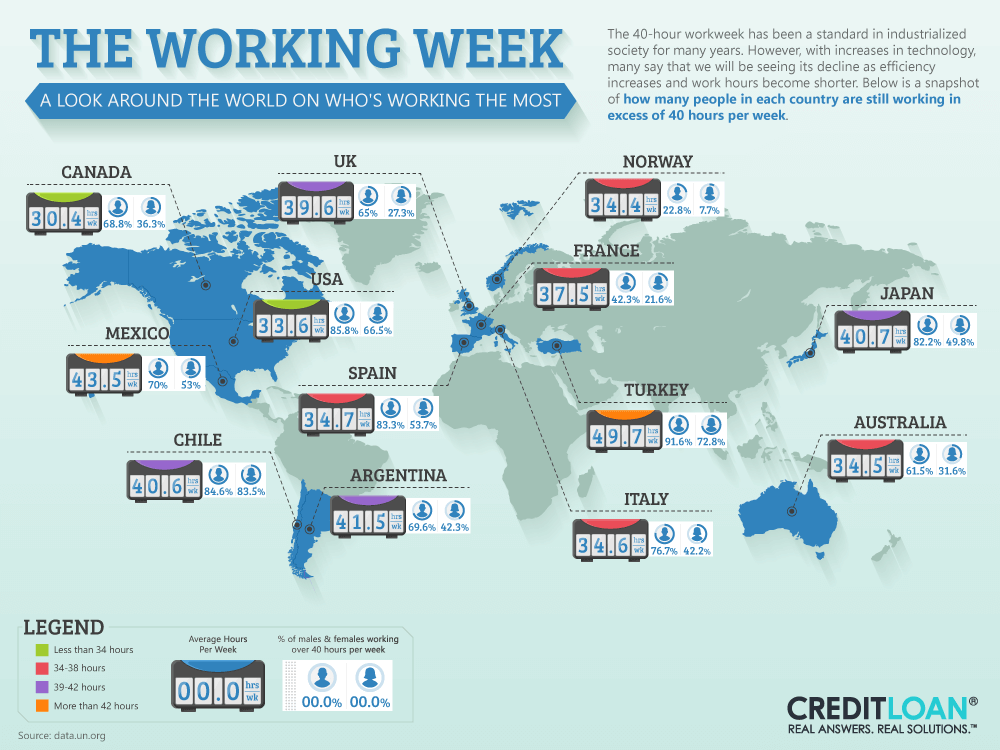Exactly How To Pick The Right Dumpster Dimension For Your Project: A Comprehensive Guide
Exactly How To Pick The Right Dumpster Dimension For Your Project: A Comprehensive Guide
Blog Article
Post Author-Romero Snider
When starting a task that needs a dumpster, the size you pick can greatly affect its efficiency and cost-effectiveness. Envision having the ideal container that suits all your waste without being exceedingly large or too small. It all beginnings with understanding the subtleties of your task and choosing a dumpster dimension that straightens with your details demands. So, prior to you make a decision, take into consideration the factors at play to ensure a smooth waste administration procedure from beginning to end.
Variables to Take into consideration
When choosing the ideal dumpster dimension, there are numerous crucial aspects to consider.
Initially, think about the kind of waste you'll be getting rid of. Different products may need varying amounts of room, so recognizing what you'll be placing in the dumpster is important.
Next off, examine the quantity of waste you expect to create. If you undervalue the volume, you may need to make numerous journeys to take care of whatever, which can be troublesome and expensive. On the other hand, renting out a dumpster that's too large can cause unnecessary expenditures.
In addition, take into consideration the room where the dumpster will certainly be placed. Make certain there's enough room for the dumpster to be supplied and picked up with no obstructions.
Last but not least, think of any kind of weight limitations that may apply. Going beyond the weight limitation can lead to extra fees or perhaps the refusal of service.
Dumpster Dimension Alternatives
For selecting the appropriate dumpster size, it's necessary to have a good understanding of the available choices. Dumpster sizes generally vary from 10 to 40 cubic yards, with variations in between.
A 10-yard dumpster is suitable for little jobs like a garage cleanout or a tiny improvement. If why not look here -sized job such as a cooking area remodel or a cellar cleanout, a 20-yard dumpster could be the right option.
For bigger tasks like a whole-house improvement or industrial building, a 30 or 40-yard dumpster could be preferable to fit the volume of waste created.
When picking a dumpster dimension, consider the amount and type of particles you anticipate to dispose of. It's better to choose a slightly larger size if you're uncertain to stop overfilling. Remember, fort worth garbage drop off 's more cost-efficient to lease a dumpster that fits your needs as opposed to needing to purchase an additional one.
Matching Size to Job
Efficiently matching the dumpster dimension to your job is essential for efficient waste administration. To figure out the ideal size, think about the extent and nature of your task.
For tiny family cleanouts or restorations, a 10-yard dumpster may suffice. These are typically 12 feet long and can hold around 4 pickup truck loads of waste.
For larger jobs like remodeling numerous spaces or clearing out a huge estate, a 20-yard dumpster could be more suitable. These are around 22 feet long and can hold around 8 pickup loads.
If you're tackling a major construction project or business renovation, a 30-yard dumpster could be the best fit. These dumpsters have to do with 22 feet long and can suit regarding 12 pickup truck lots of debris.
Matching the dumpster dimension to your project ensures you have enough room for all waste materials without paying too much for extra ability.
Verdict
To conclude, selecting the appropriate dumpster size for your project is critical for reliable garbage disposal. By taking into consideration factors like the kind and amount of waste, area availability, weight limitations, and budget constraints, you can guarantee you have the proper dimension dumpster for your demands. Make sure to match the size of the dumpster to the scope and nature of your job to avoid overspending on unnecessary expenses.
